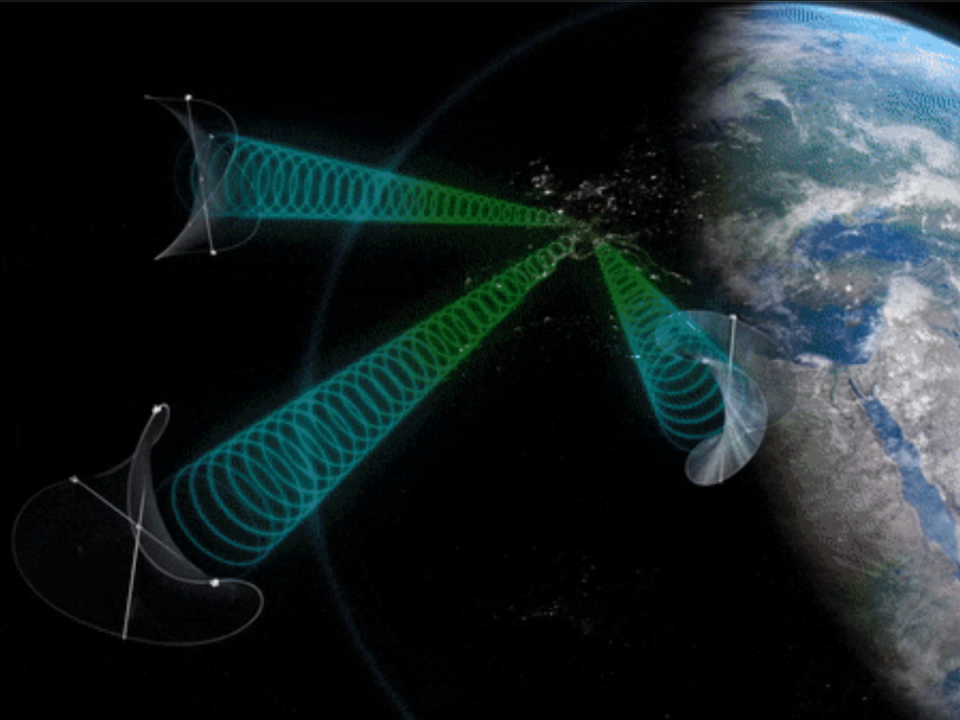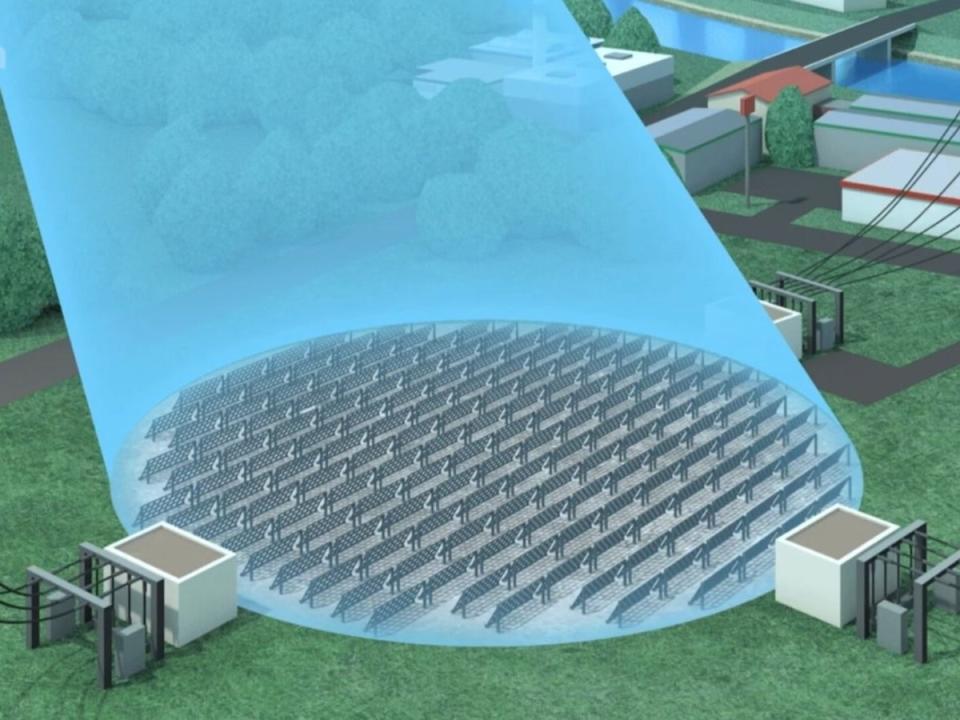Europe unveils ‘urgent’ plan for space-based solar power

The European Space Agency has unveiled a plan to test the viability of space-based solar power in order to address the “urgent need” for new renewable energy sources.
The Solaris program will involve new studies and technology developments, with the aim of making Europe a global leader in this untapped energy resource.
The concept of harvesting the Sun’s energy in space and beaming it back down to Earth has been discussed for decades, with the US government granting the Department of Energy and Nasa $50 million between 1978 and 1986 to investigate how feasible it would be.
There have since been major advances in high-efficiency solar cells, wireless power transmission and robotic in-orbit assembly that have led several national space agencies to renew interest in the idea.
The Japan Aerospace Exploration Agency (JAXA) and the China Academy for Space Technology (CAST) are both actively pursuing the goal, though significant uncertainties and technical challenges still need to be overcome.
Research also needs to be done into whether or not the effects of low-power microwaves on human and animal health are benign.
“These are the kind of technical questions that Solaris will look into, to explore further the feasibility of the concept,” said Sanjay Vijendran, ESA’s lead for the Solaris proposal.
“As an added plus, any breakthroughs achieved in these areas will be valuable in their own right, applicable to many other spaceflight endeavours.”

ESA’s Solaris program will be presented at the ESA Council at Ministerial Level in November, with the hope that a full development program can be set up by 2025.
“Through Solaris, Europe would extend the technological state-of-art in a diverse set of key technologies relevant to applications both on Earth and in space,” ESA wrote in a statement.
“It would ensure that Europe becomes a key player– and potentially leader – in the international race towards scalable clean energy solutions for mitigating climate change.”

 money
money 